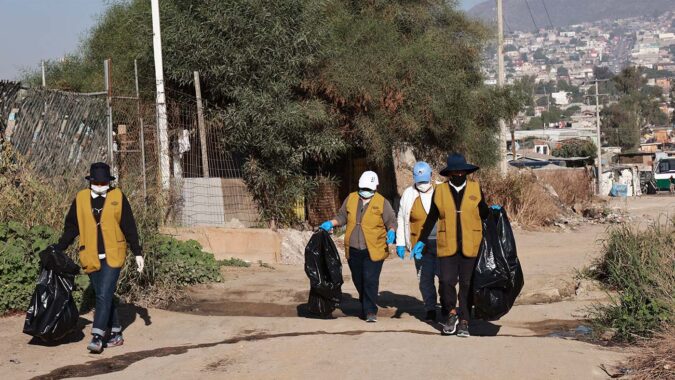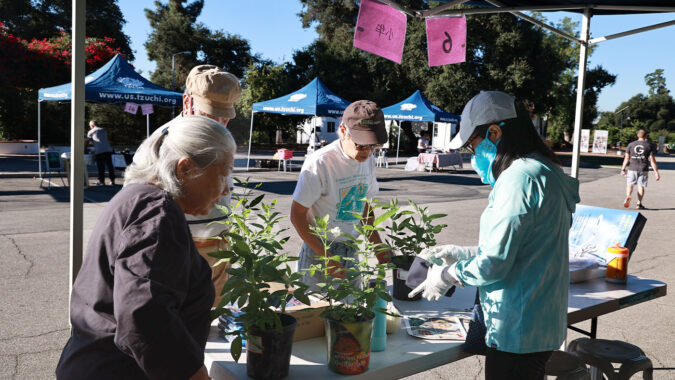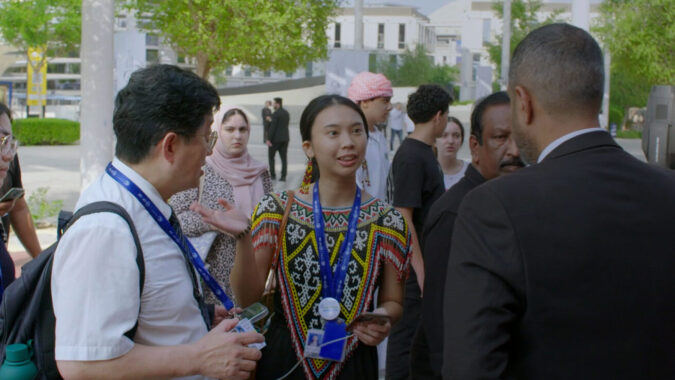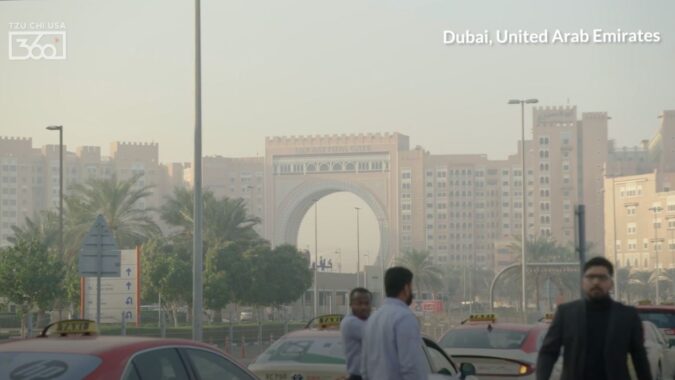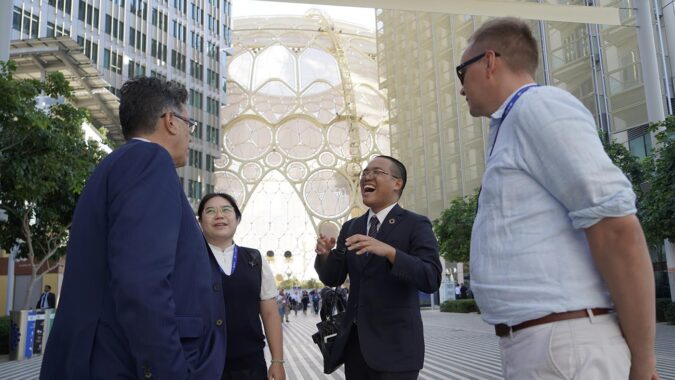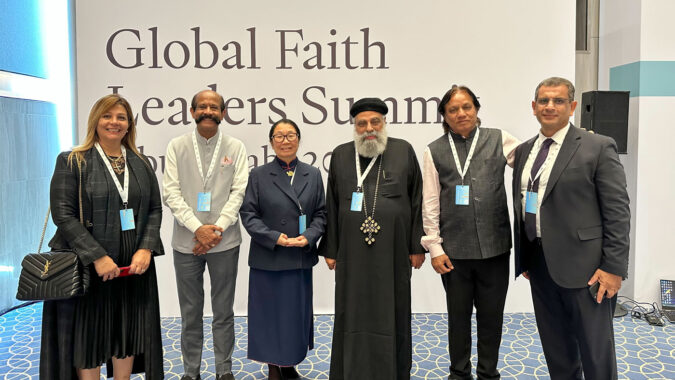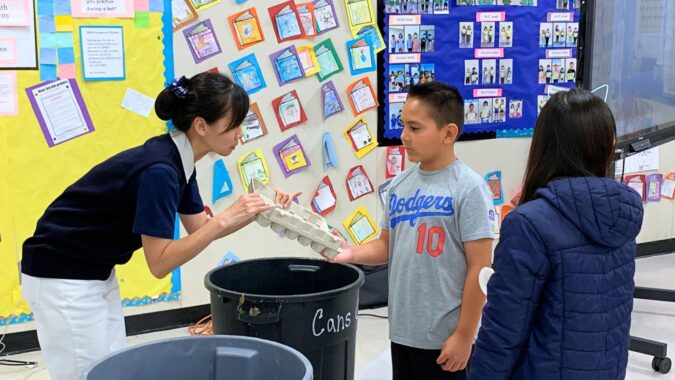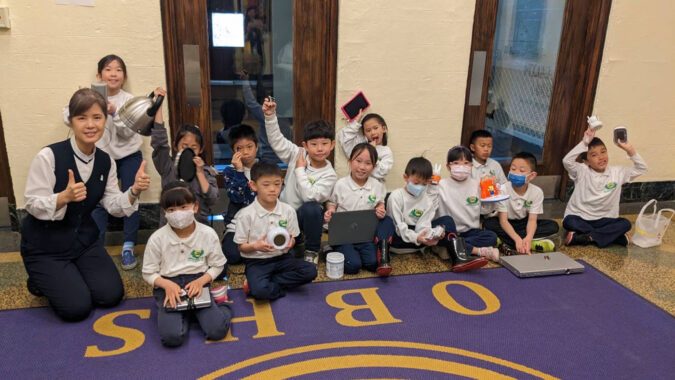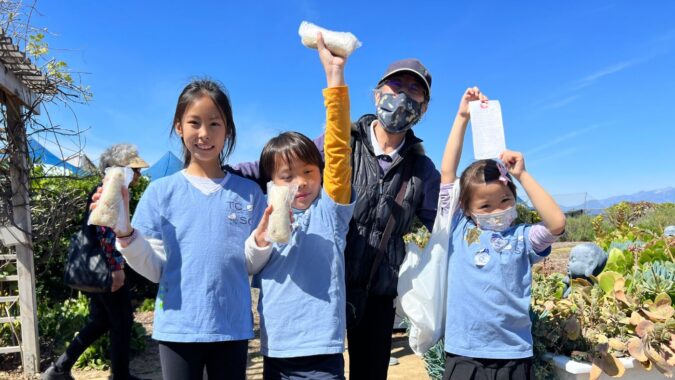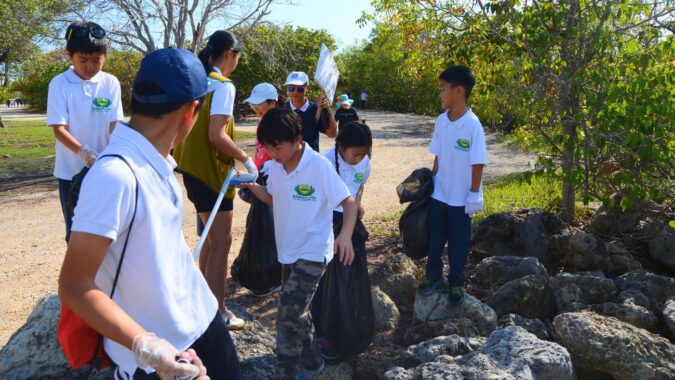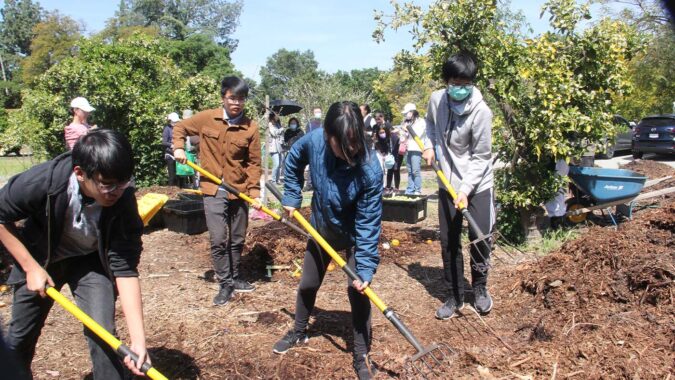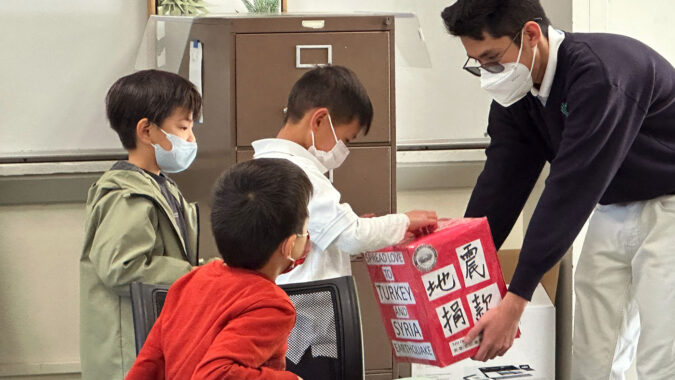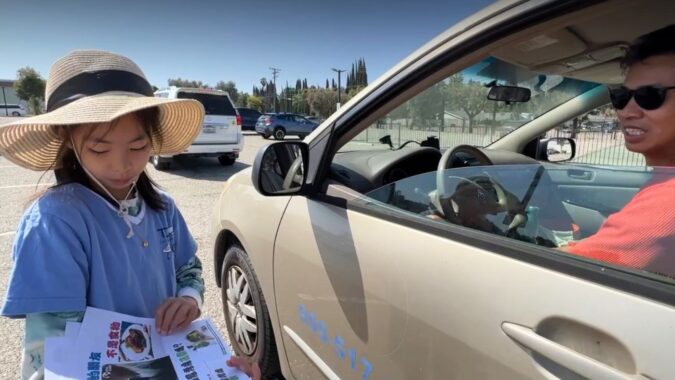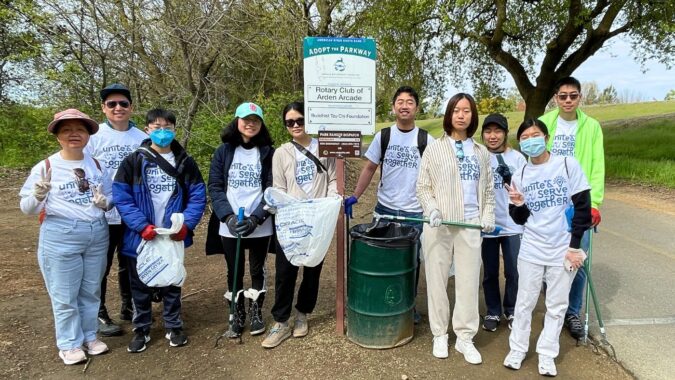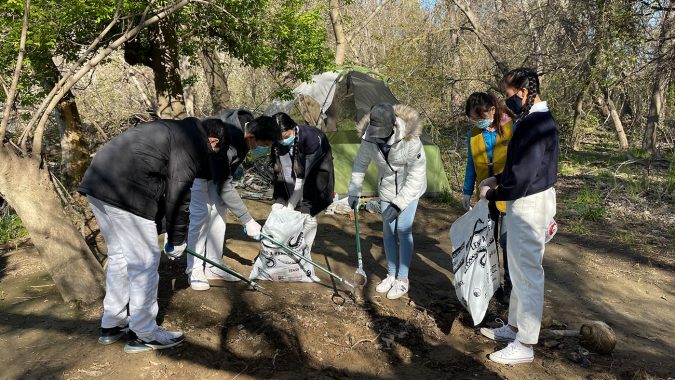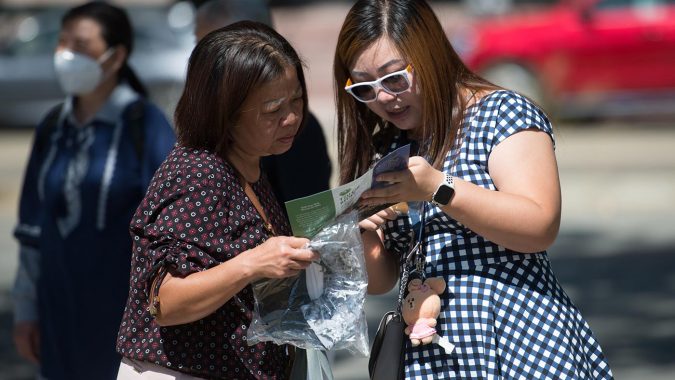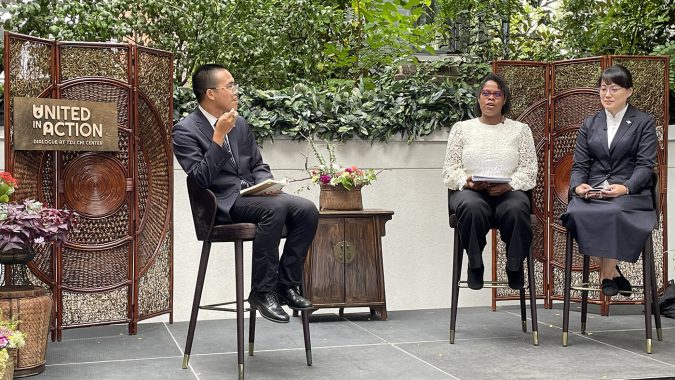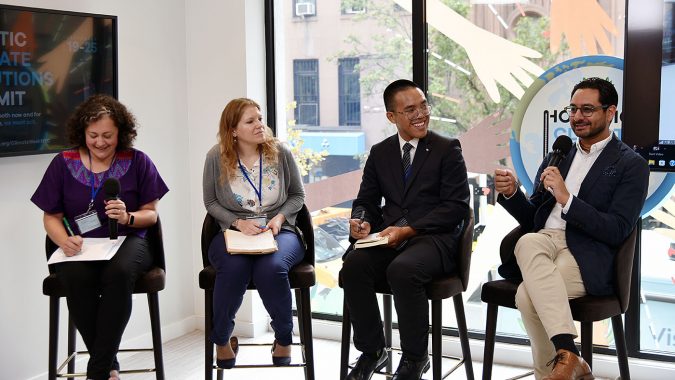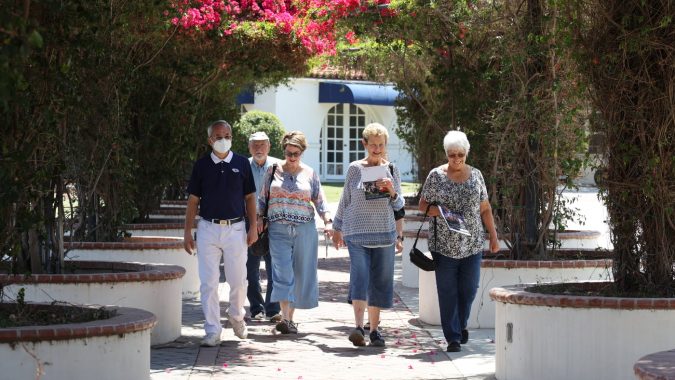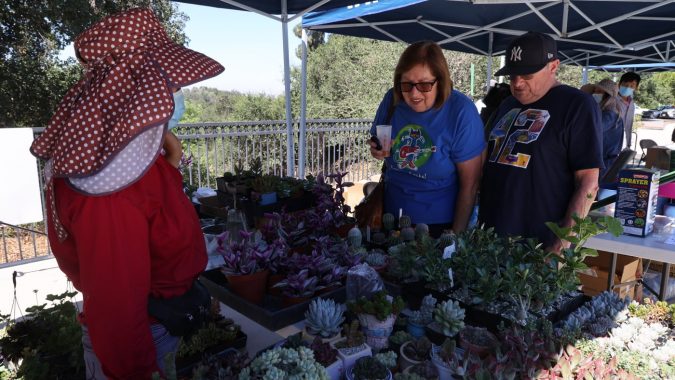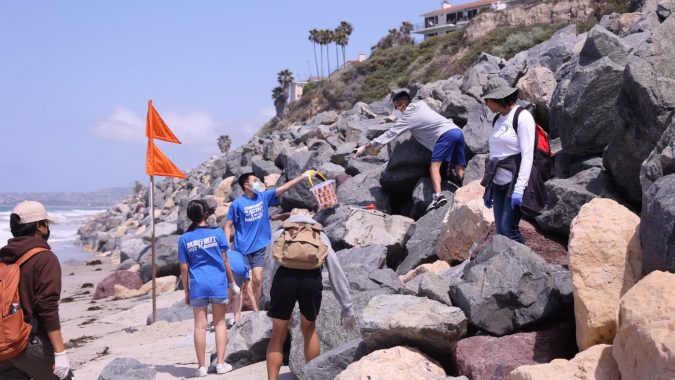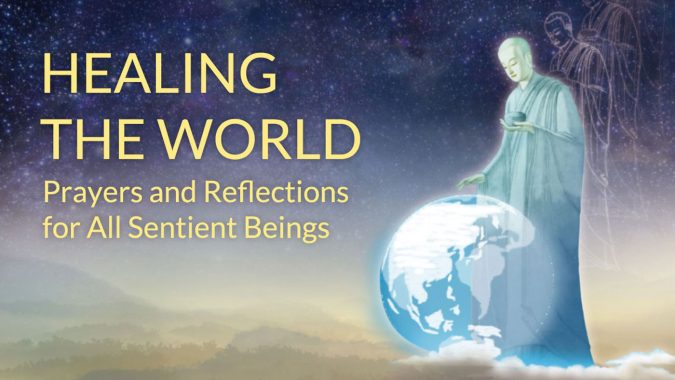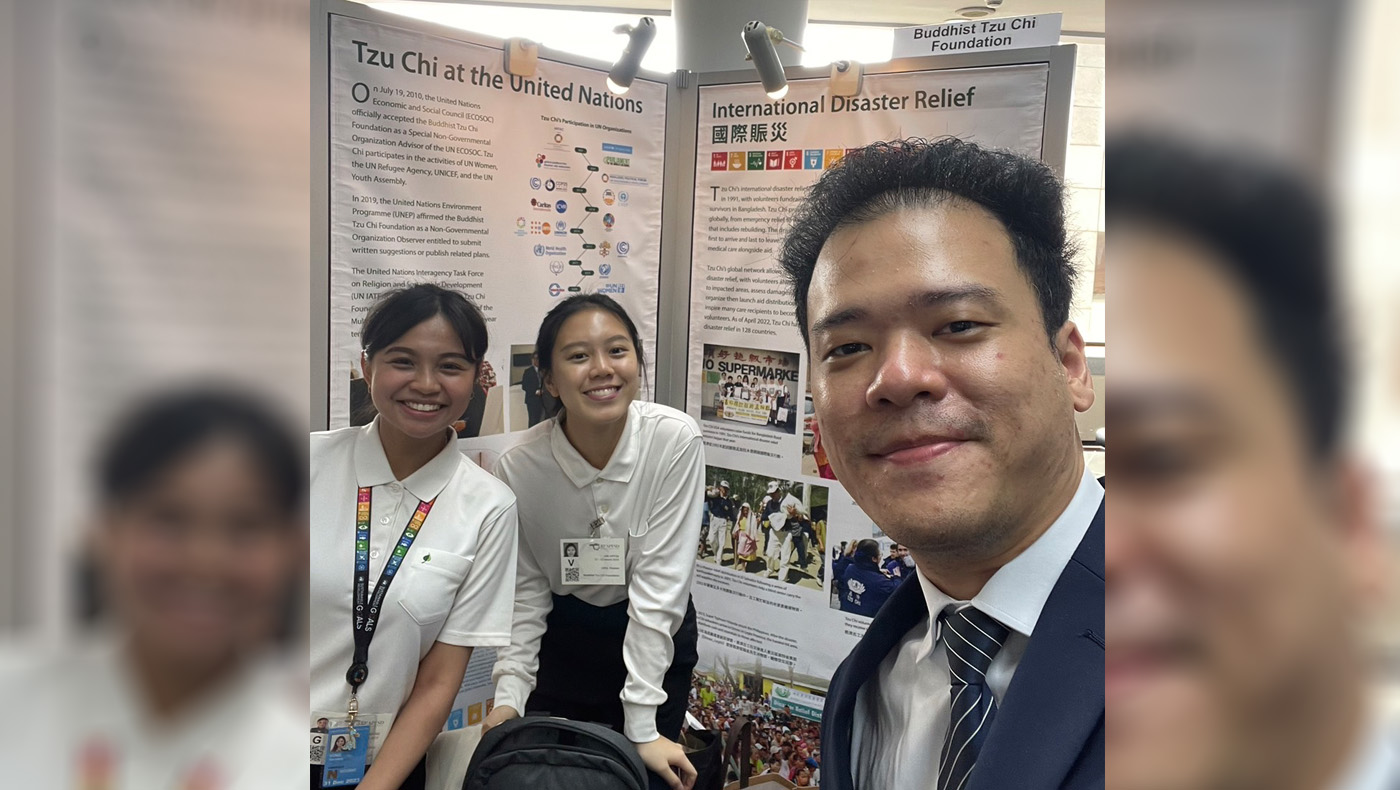
Written by Jennifer Chien
Translated by H.B. Qin
Edited by Andrea Barkley
The 10th Asia-Pacific Forum on Sustainable Development was held in Bangkok, Thailand, from March 27 to March 30, 2023. As guests entered the venue, they were warmly welcomed by three enthusiastic youths at the Buddhist Tzu Chi Charity Foundation booth. With smiles, they shared the story of Tzu Chi and highlighted the organization’s ongoing projects. When guests learned that the displayed products, including blankets and scarves from DA.AI Technology, were made from recycled plastic, a sense of admiration swept over them, leaving them truly impressed.
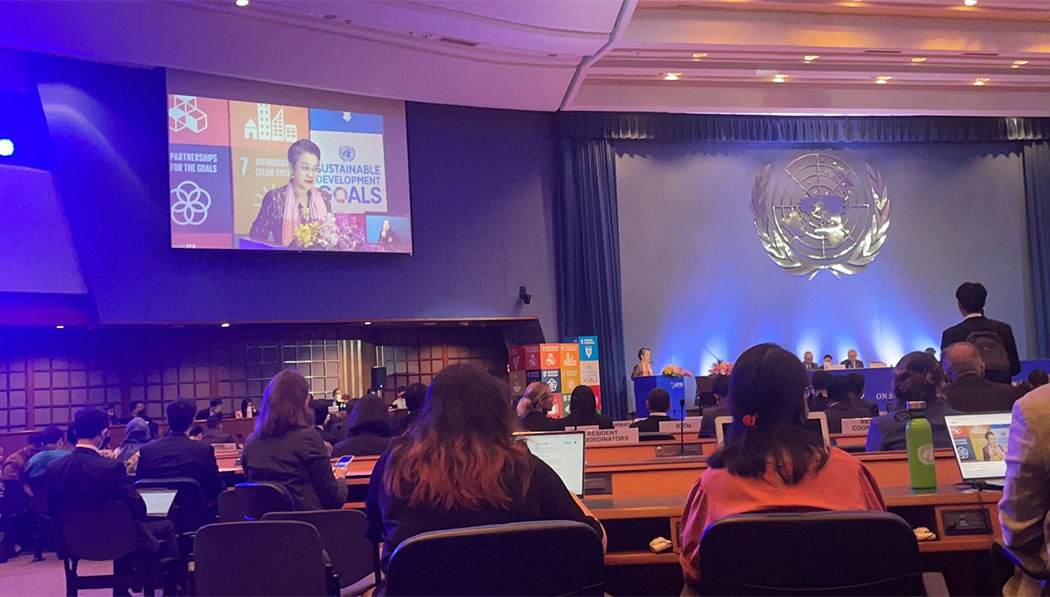
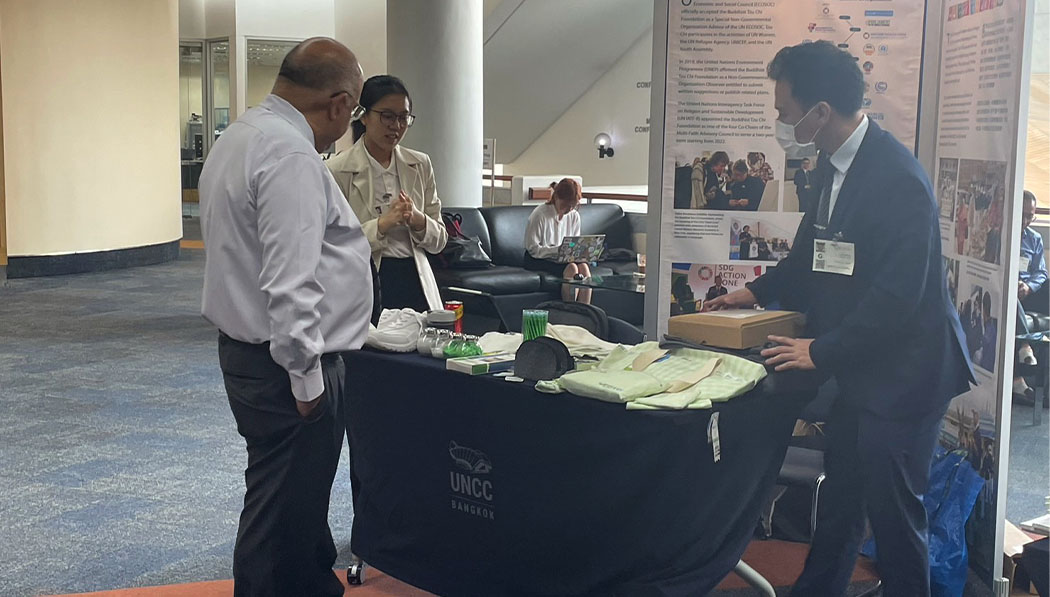
The theme of this year’s UN Asia-Pacific Forum on Sustainable Development was “Accelerating the recovery from the coronavirus disease (COVID-19) and the full implementation of the 2030 Agenda for Sustainable Development at all levels in Asia and the Pacific”. Three youths from Bangkok, Thailand, Malaysia, and the United States represented the Tzu Chi Foundation at this important forum, presenting and explaining how Tzu Chi’s philosophy has been implemented to achieve the 17 United Nations Sustainable Development Goals (SDGs).
Polpatr Tanomsup, a youth from Bangkok, Pey Wen Ong, a teenager from Malaysia, and Ashley Young, a youth from the United States, were among the members representing Tzu Chi at the UN Asia-Pacific Forum on Sustainable Development.
These young individuals served as representatives of Tzu Chi and the youth community throughout the main agenda of meetings and affiliated workshops. They played a crucial role in familiarizing representatives from different countries with Tzu Chi by setting up informative booths within the exhibition venue.
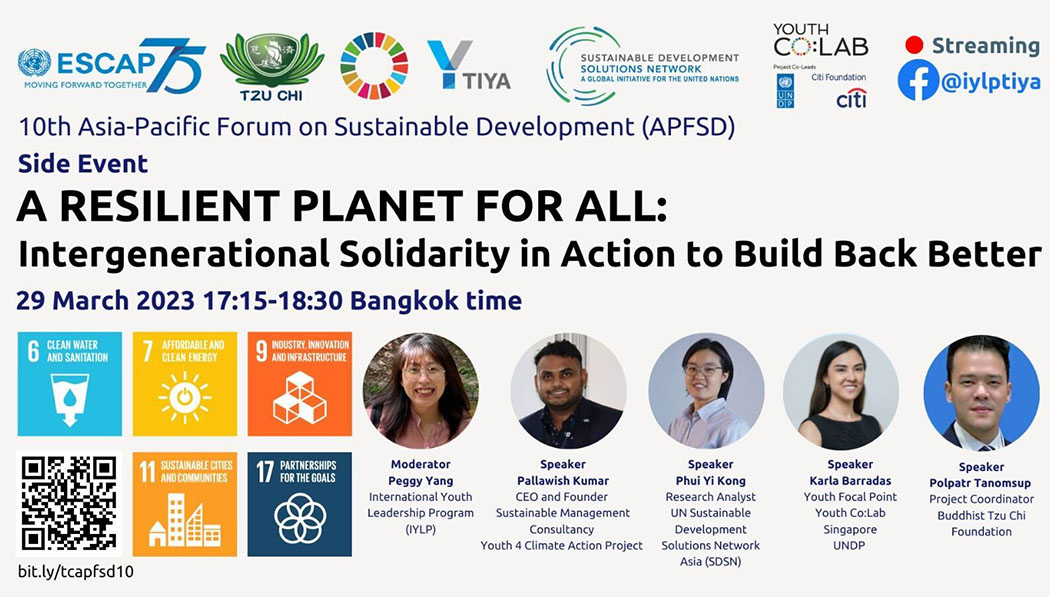
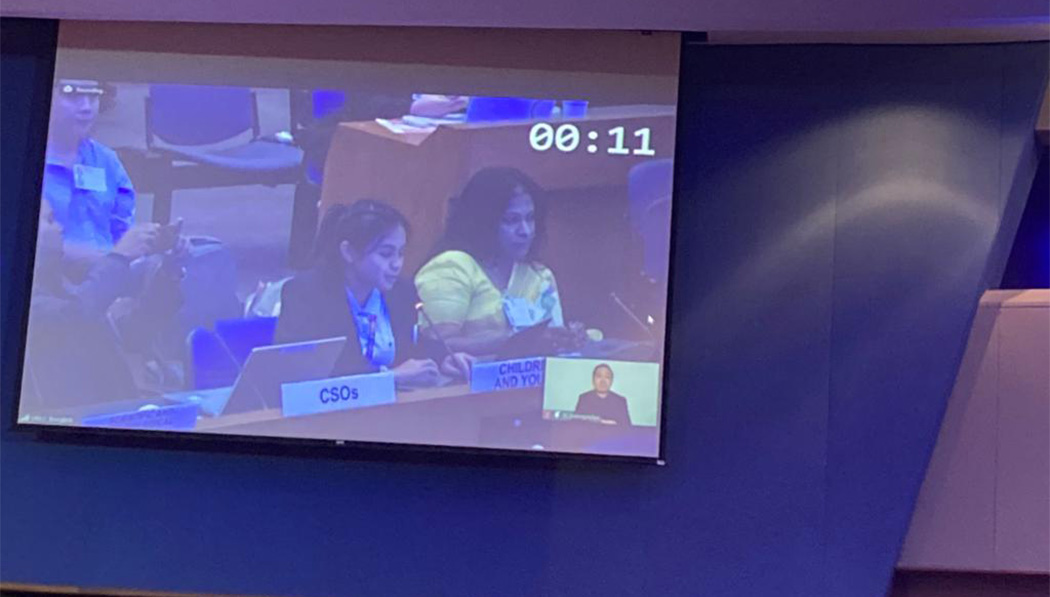
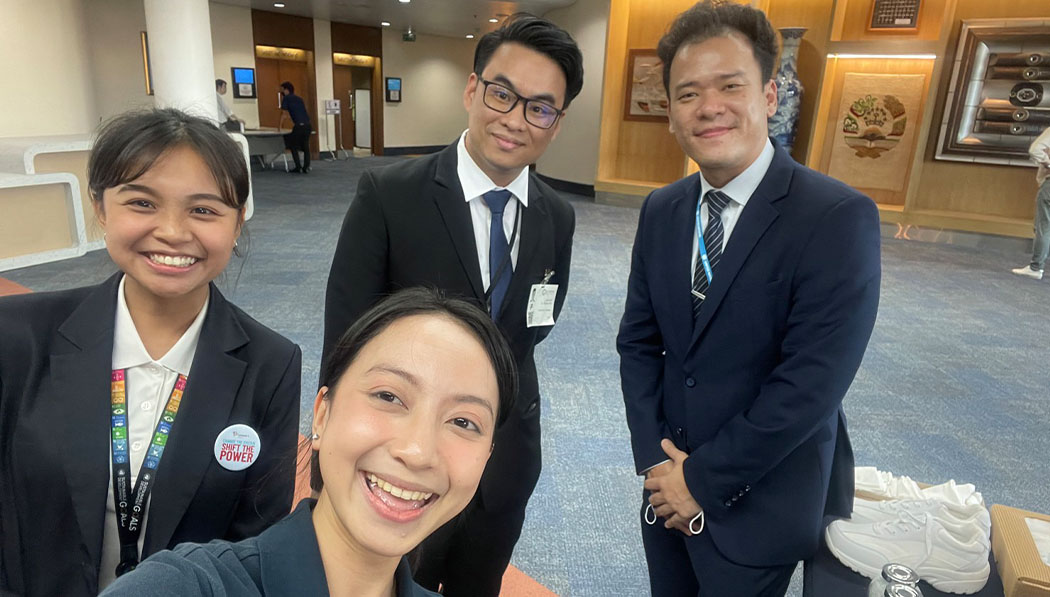
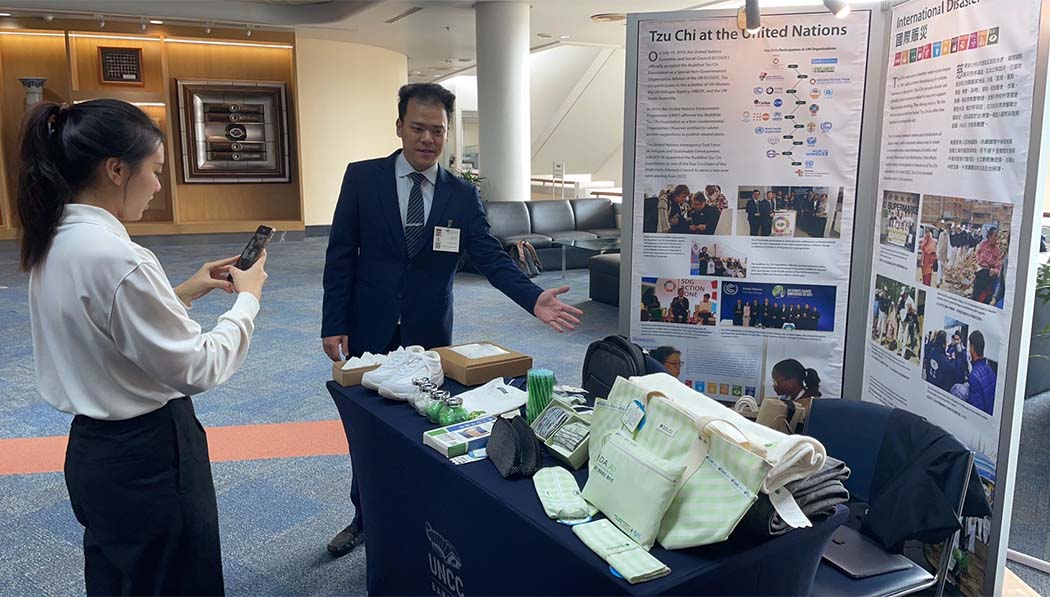
On the third day of the Forum (March 29), the main agenda included a speech by Ashley Young, who is a Youth Representative of the Buddhist Tzu Chi Foundation to the UN Department of Global Communications (DGC) and has been a Tzu Chi Global Partnership Affairs Department (GPAD) staff member since joining the team in October 2018.
In her speech, Ashley Young represented the youth community in the Asia Pacific region by presenting views on the impact of climate change on the region to the representatives. An affiliated workshop, with the theme of “A Resilient Planet For All: Intergenerational Solidarity in Action to Build Back Better” was held on the same day, and Tzu Chi youth representative Polpatr Tanomsup was among the five speakers.
“As the Southeast Asian region is one of the most vulnerable sub-regions to the impact of climate change, we are already experiencing severe climate impacts including rising sea levels, heat waves, flood, and increasingly intense and unpredictable weather events, which have caused huge economic loss and induced disruption of livelihoods.” Ashley Young noted at the forum that, “we are worried about the negative impacts rapid urbanization and development would bring to the people and the environment, despite the benefit and improvement in certain perspectives as we are still not practicing sustainability as a core of development.”
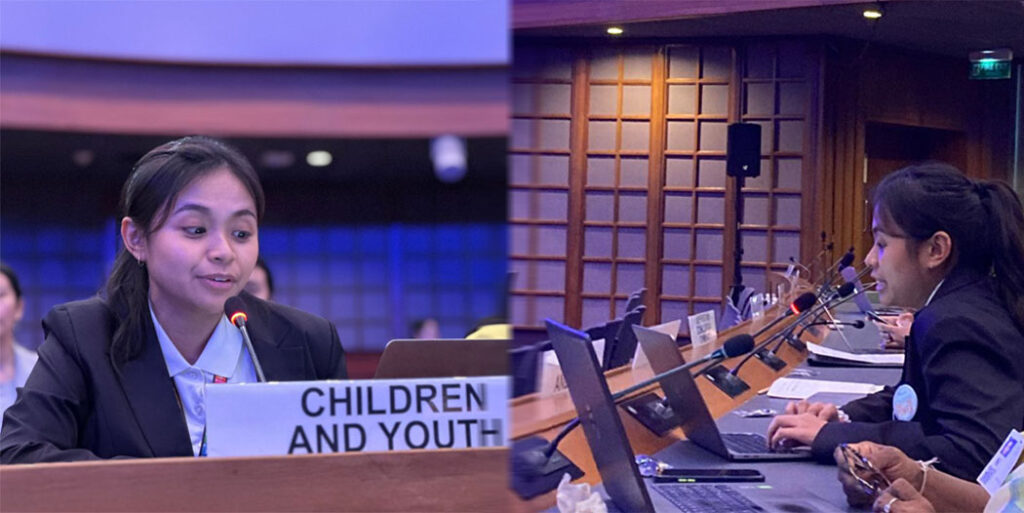
“We are confident that young people must be at the heart of investment and part of the conversation in climate ambition as well as COVID-19 recovery,” Ashley Young advised the government representatives.
We'd like to call on all governments, first, to ensure equitable phase-down of fossil fuels and suggest transition and scale-up of low-carbon energy carriers now. Second, to invest in low-carbon, affordable, and accessible transport infrastructure to support active, shared, and public mobility now. Third, to invest in equitable and sustainable infrastructure that can withstand climate crises and natural disasters now.
Ashley Young, Tzu Chi Youth Representative
The United Nations Asia-Pacific Forum on Sustainable Development is organized by the United Nations Economic and Social Commission for Asia and the Pacific (ESCAP). Established in 2014, the forum has served as an inclusive platform for countries in the region. It brings together senior government and UN officials, representatives from the private sector, youth, and civil organizations annually. The participants share their respective experiences in advancing the Sustainable Development Goals (SDGs) while discussing progress and achievements in attaining them. The primary objective is to encourage governments to strengthen their efforts in implementing the SDGs.
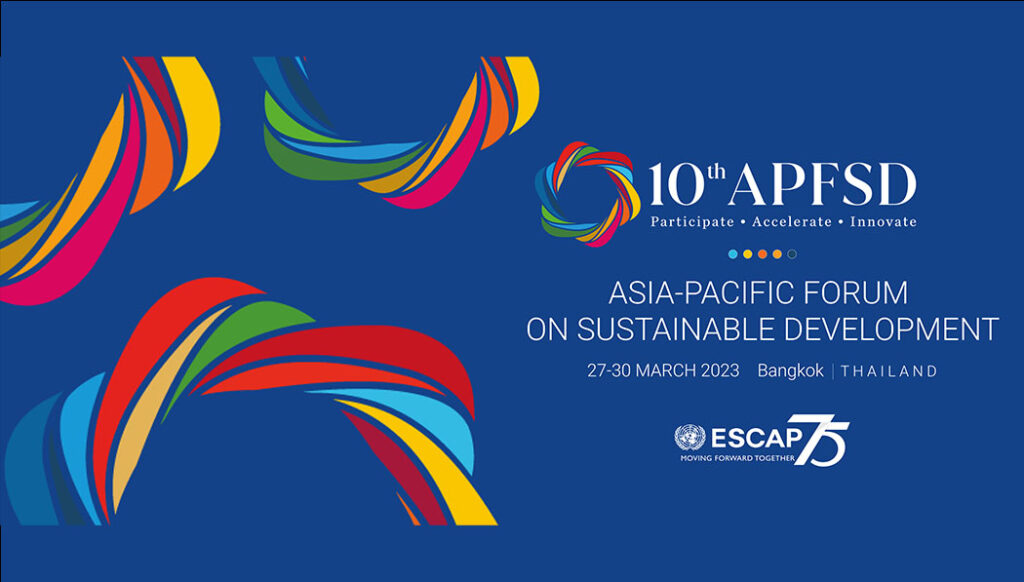
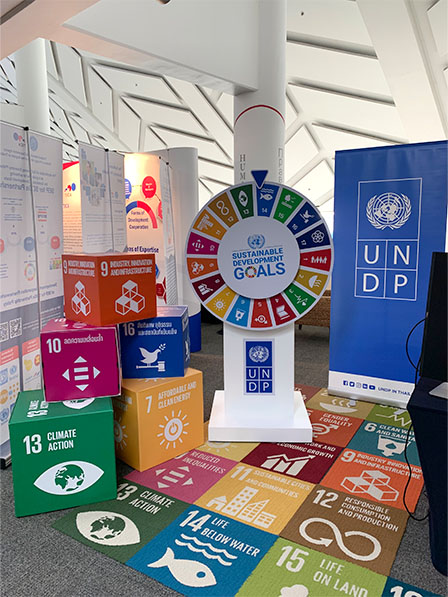
The forum focused on reviewing progress on several SGDs in the Asia-Pacific region, including Goal 6, Clean Water and Sanitation; Goal 7, Affordable and Clean Energy; Goal 9, Industry, Innovation, and Infrastructure; Goal 11, Sustainable Cities and Communities; and Goal 17, Partnership for the Goals. Asia and the Pacific SDG Progress Report 2023, released during the forum, noted that progress in achieving the 2030 Sustainable Development Goals in the Asia-Pacific region has fallen far short of expectations, and at the current rate, 90 percent of the goals may not be achieved.

